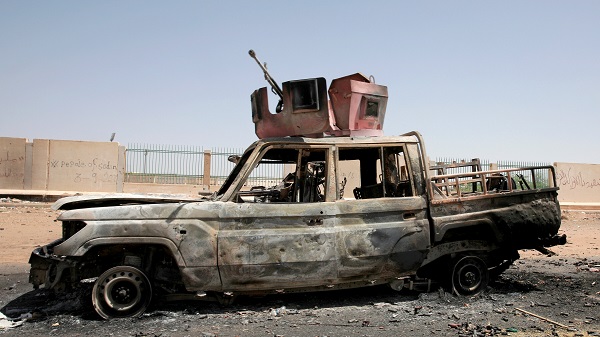This post has already been read 860 times!
Relative calm prevailed on Tuesday, the second day of a week-long ceasefire in Sudan, raising hopes of a pause in fighting even as witnesses reported hearing some gunfire in the capital.
After five weeks of fierce battles between the army and the paramilitary Rapid Support Forces (RSF), the warring factions on Saturday agreed to a seven-day truce that began at 9:45 p.m. (1945 GMT) on Monday, aimed to allow for the delivery of aid.
The ceasefire deal has raised hopes of a pause in a war that has driven nearly 1.1 million people from their homes, including more than 250,000 who have fled to neighbouring countries, threatening to destabilise a volatile region.
“Our only hope is that the truce succeeds, so that we can return to our normal life, feel safe, and go back to work again,” said Khartoum resident Atef Salah El-Din, 42.
Although fighting has continued through previous ceasefires, this was the first to be formally agreed following negotiations.
The ceasefire deal includes for the first time a monitoring mechanism involving the army and the RSF as well as representatives from Saudi Arabia and the United States, which brokered the agreement after talks in Jeddah.
Shortly before the ceasefire was due to take effect, the RSF released an audio message from its commander Mohamed Hamdan Dagalo, known as Hemedti, in which he thanked Saudi Arabia and the U.S. but urged his men on to victory.
“We will not retreat until we end this coup,” he said.
Both sides accused each other of an attempted power grab at the start of the conflict on April 15.
The United Nations envoy to Sudan warned on Monday of the growing “ethnicisation” of the military conflict and the potential impact on neighbouring states.
“The growing ethnicisation of the conflict risks to expand and prolong it, with implications for the region,” Volker Perthes told a briefing at the U.N. Security Council.



